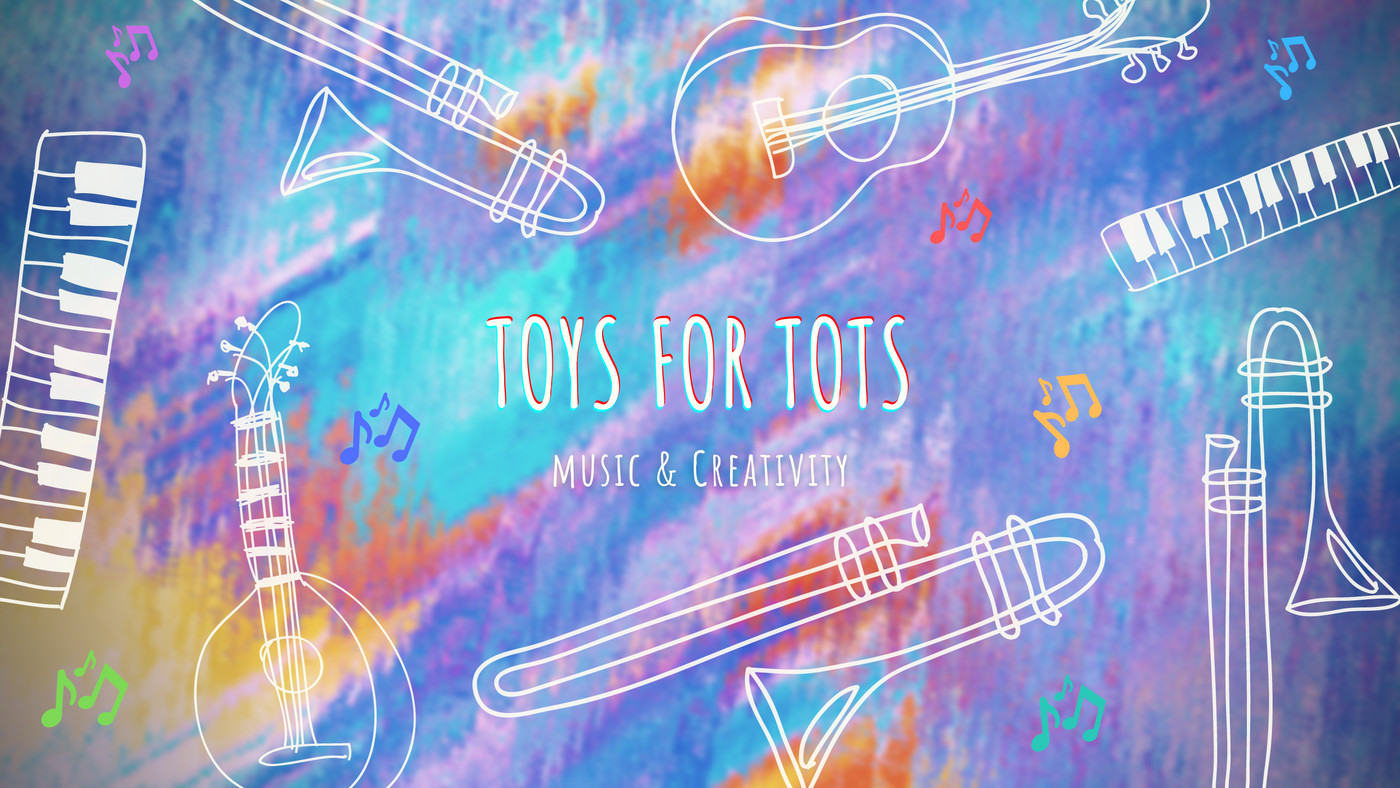Learning Through Music

For Universal Music Day on the 10th October, Jaques of London is going to explore the magical world of music for kids! Music is a treasure trove of learning opportunities, one with bundles of benefits. In this blog, we are going to delve into how early exposure to music can set a tone for life.

Musical Milestones
From birth, a baby will begin moving arms and legs to rhythmic sounds and smile in response to music. From one year and up, children begin to babble and coo in response to music and will alter their vocalisations to match high or low pitch. At this age, they also adore moving along to the rhythm of music—it is their first exposure to the joys of dance.
By the time a child is two years old, they start to distinguish between voice and instruments, sing along and even begin to keep tempo. Now that the musical world has opened for them, it is the perfect time to introduce creative play through music. Sensory stimulation is accessible to your baby through everyday touch and sight, but audible sensory development can be nurtured through music, and here is how it works.

Sounds & Sense
University of Southern California’s 2016 study concluded that musical exposure in childhood can accelerate brain development, including language acquisition and reading skills. This, along with development in intellectual, social-emotional, motor and literacy, means musical experiences can successfully help to prepare your child for starting school.
One of the main benefits of kids engaging with music toys is that, much like sports, it helps the body and the mind work together.
These cognitive pathways can be strengthened—it is wiring you baby’s brain for learning! Our Let's Create toy range is bursting at the seems with creative toys for your kids.
Activity Ages
The key to toddler music is repetition, which encourages language and memorisation. Why not try encouraging children of this age to reproduce rhythms by clapping or tapping objects. Preschool kids, however, enjoy melody and singing. The best songs are those that repeat words and melodies. Try using rhythms with a definite beat and ask them to do contribute.
Activities involving music are often free and easy to access, there are loads of free activity sheets online and you can replicate these at home.
We’ve put together a free downloadable music spelling game which you can download here.
Introduce kids to spelling using musical notes—enjoy!